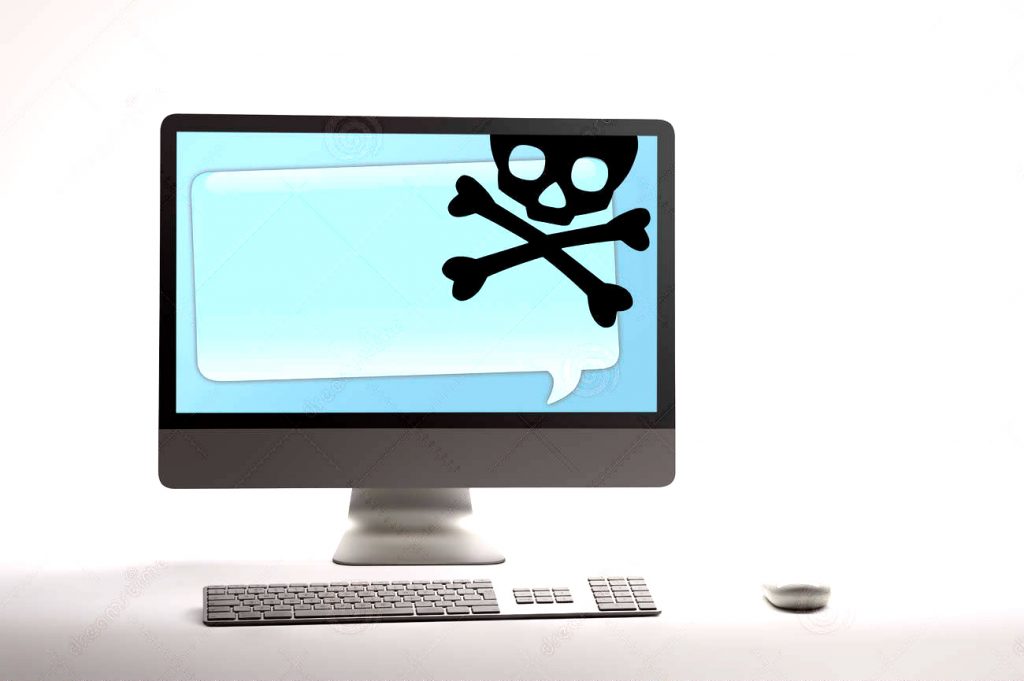How Do We Spot An Online Scam Get Some Tips Here
There are many giveaways to tell you when someone is lying in person – they seem nervous, won’t look you in the eye, get caught off guard by the right questions. But it’s much harder to catch a scammer online when they can hide behind the anonymity of the Internet.
E-scams are becoming more prevalent and more creative now, so it’s often difficult to tell if you’re being a scam or not. Here are some ways you can check and some precautions you can take to ensure that you don’t fall into an internet scam.

DO NOT EVER REVEAL YOUR PERSONAL DETAILS
Remember, the real companies will never ask you for personal information such as your credit card number or your password through an email or a messaging service. No matter how legitimate the email looks, if it requests sensitive information like this, it’s probably fake. Information such as this should never be sent electronically as it increases the risk of your personal data being stolen if a security breach happens. яндекс

READ THE ‘URGENT!’ MESSAGES CAREFULLY
Email subjects like these “There has been suspicious activity in your account!” “Someone has been accessing your account from a different country!” is a common scare tactic by scammers, especially if the email looks like it came from a real bank or other company. It will usually contain instructions for you to send them your details for reset purposes, but doing so will lead to the actual loss of your account and more. If you get an email like this, don’t panic. Do a quick Google check to see if the sender exists. If it claims to be from a real organization, call the number given on their official website – never use numbers, emails, or links provided in the email itself unless you’re sure that the sender is legitimate.

DON’T OPEN STRANGE ATTACHMENTS
In addition, an email notification pops up on your screen. You check the email and notice there’s a strangely-named attachment – it might be just a random series of letters and numbers. Should you open it? The natural response is to click on it out of curiosity but if you don’t recognize the sender, there’s a high chance that the mystery attachment could contain dangerous viruses, malware that could capture personal information and harm your computer. Best to play it safe if you aren’t sure that it comes from a reputable source. This goes for attachments sent over other channels like Facebook and Whatsapp too.

DON’T CLICK THE UNRECOGNISED LINKS
Whenever you’re sent a link of any sort, hover your cursor over it to see the actual hyperlink and where it leads to. You can hyperlink any typed text, so sometimes scammers will type the real address of a site but hyperlink it to their fake site. If the URL shown when you mouseover does not match the text typed, best to err on the side of caution and not click it.

DON’T TRUST MESSAGES FROM YOUR FRIENDS
Be careful when you receive strange messages from people, even if they’re on your friend list. Because scammers can hack into your friends’ accounts also to pose as them and send you a personal message with a virus link embedded inside. If you think something seems fishy, ask your friend personally, preferably through other means, like calling them, if they really sent you that message.
How Do We Spot An Online Scam Get Some Tips Here
You May Also Like…
Batalkan Langganan Internet TIME
Bagaiman...
Transfer Ownership Maxis
Transfer...
Transfer Ownership | TIME Internet
TRANSFER...










0 Comments